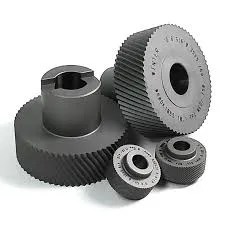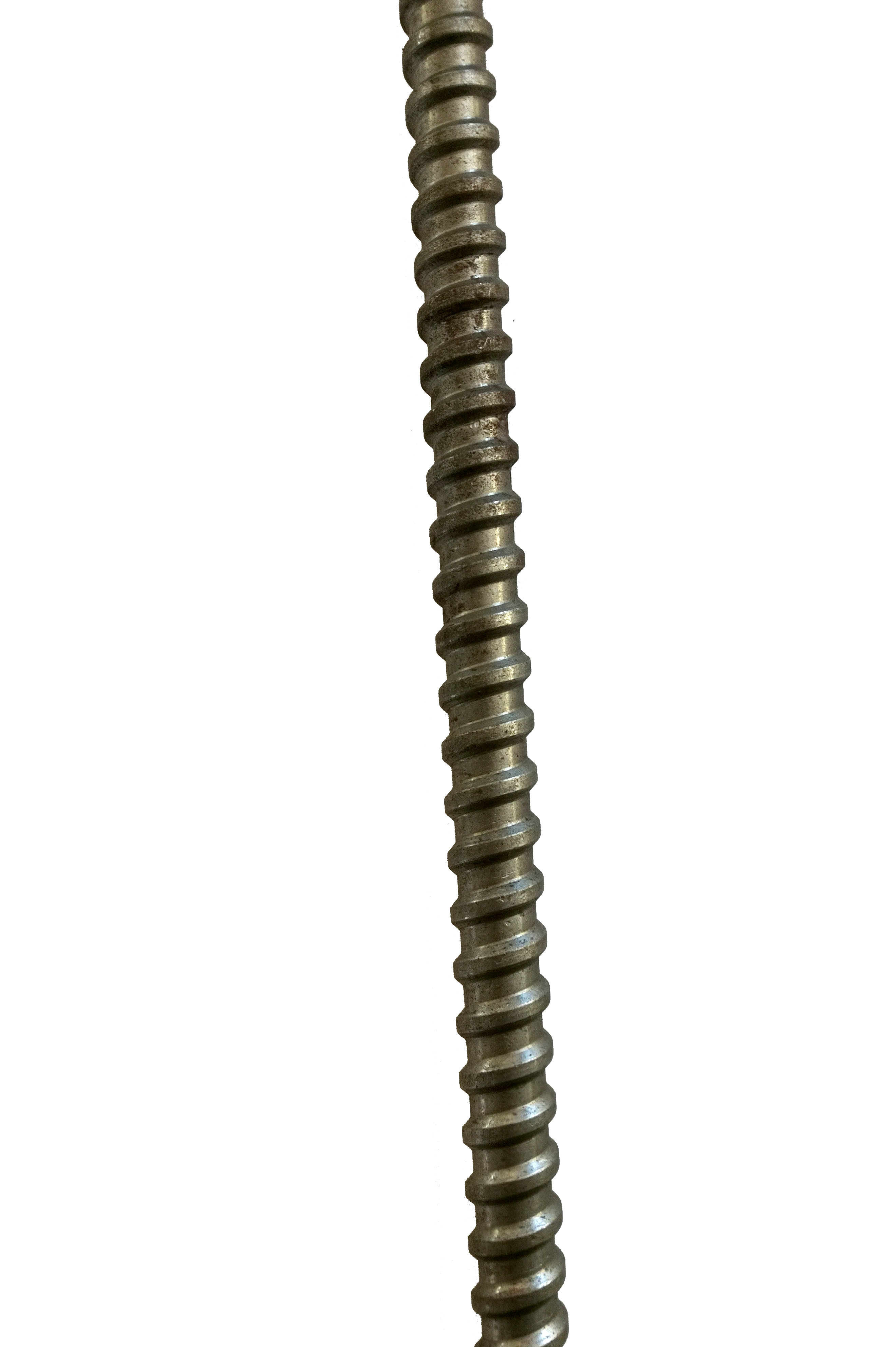
-
 Afrikaans
Afrikaans -
 Albanian
Albanian -
 Amharic
Amharic -
 Arabic
Arabic -
 Armenian
Armenian -
 Azerbaijani
Azerbaijani -
 Basque
Basque -
 Belarusian
Belarusian -
 Bengali
Bengali -
 Bosnian
Bosnian -
 Bulgarian
Bulgarian -
 Catalan
Catalan -
 Cebuano
Cebuano -
 Corsican
Corsican -
 Croatian
Croatian -
 Czech
Czech -
 Danish
Danish -
 Dutch
Dutch -
 English
English -
 Esperanto
Esperanto -
 Estonian
Estonian -
 Finnish
Finnish -
 French
French -
 Frisian
Frisian -
 Galician
Galician -
 Georgian
Georgian -
 German
German -
 Greek
Greek -
 Gujarati
Gujarati -
 Haitian Creole
Haitian Creole -
 hausa
hausa -
 hawaiian
hawaiian -
 Hebrew
Hebrew -
 Hindi
Hindi -
 Miao
Miao -
 Hungarian
Hungarian -
 Icelandic
Icelandic -
 igbo
igbo -
 Indonesian
Indonesian -
 irish
irish -
 Italian
Italian -
 Japanese
Japanese -
 Javanese
Javanese -
 Kannada
Kannada -
 kazakh
kazakh -
 Khmer
Khmer -
 Rwandese
Rwandese -
 Korean
Korean -
 Kurdish
Kurdish -
 Kyrgyz
Kyrgyz -
 Lao
Lao -
 Latin
Latin -
 Latvian
Latvian -
 Lithuanian
Lithuanian -
 Luxembourgish
Luxembourgish -
 Macedonian
Macedonian -
 Malgashi
Malgashi -
 Malay
Malay -
 Malayalam
Malayalam -
 Maltese
Maltese -
 Maori
Maori -
 Marathi
Marathi -
 Mongolian
Mongolian -
 Myanmar
Myanmar -
 Nepali
Nepali -
 Norwegian
Norwegian -
 Norwegian
Norwegian -
 Occitan
Occitan -
 Pashto
Pashto -
 Persian
Persian -
 Polish
Polish -
 Portuguese
Portuguese -
 Punjabi
Punjabi -
 Romanian
Romanian -
 Russian
Russian -
 Samoan
Samoan -
 Scottish Gaelic
Scottish Gaelic -
 Serbian
Serbian -
 Sesotho
Sesotho -
 Shona
Shona -
 Sindhi
Sindhi -
 Sinhala
Sinhala -
 Slovak
Slovak -
 Slovenian
Slovenian -
 Somali
Somali -
 Spanish
Spanish -
 Sundanese
Sundanese -
 Swahili
Swahili -
 Swedish
Swedish -
 Tagalog
Tagalog -
 Tajik
Tajik -
 Tamil
Tamil -
 Tatar
Tatar -
 Telugu
Telugu -
 Thai
Thai -
 Turkish
Turkish -
 Turkmen
Turkmen -
 Ukrainian
Ukrainian -
 Urdu
Urdu -
 Uighur
Uighur -
 Uzbek
Uzbek -
 Vietnamese
Vietnamese -
 Welsh
Welsh -
 Bantu
Bantu -
 Yiddish
Yiddish -
 Yoruba
Yoruba -
 Zulu
Zulu
Top Thread Rolling Equipment Companies Reliable & High-Precision
- Introduction to Thread Rolling Equipment Fundamentals
- Technical Superiority in Modern Thread Rolling Systems
- Global Leaders: Thread Rolling Equipment Companies Compared
- Decoding Thread Rolling Equipment Pricelist Variables
- Specialized Solutions from Thread Rolling Equipment Suppliers
- Industry-Specific Implementation Case Studies
- Strategic Approach to Partnering with Thread Rolling Equipment Companies

(thread rolling equipment companies)
Introduction to Thread Rolling Equipment Companies
Thread rolling equipment manufacturers serve as vital enablers for industrial productivity, delivering cold-forming solutions that create superior threaded components. Industry reports indicate a projected market growth of 6.8% CAGR through 2029, driven largely by automotive and aerospace demands. This specialized machinery deforms rather than cuts material, enhancing thread strength by approximately 30% compared to machined alternatives while increasing output rates by 200-300%.
Technological progression has transformed thread rolling machines into sophisticated systems integrating servo controls, IoT connectivity, and real-time monitoring. Major suppliers including Profiroll Technologies, Reed Machinery, and Formall have pioneered adaptive threading solutions catering to precision component manufacturers globally. The selection process requires careful evaluation of machine specifications relative to production volumes, material characteristics, and quality assurance protocols demanded by Tier 1 suppliers.
Technical Advantages in Contemporary Machines
Modern thread rolling equipment incorporates groundbreaking developments that dramatically impact manufacturing efficiency. New servo-electric models reduce energy consumption by 35-45% over hydraulic equivalents while achieving positional accuracy within 0.005mm. Intelligent control systems compensate for thermal expansion automatically, maintaining ±0.002mm tolerances during continuous 24-hour operations. The incorporation of H13 tool steel with specialized surface coatings extends die lifespan by over 70%.
Advanced machines now feature proprietary innovations:
- Closed-loop feedback systems that adjust rolling pressure dynamically
- Multi-axis CNC synchronization for complex geometric threads
- Real-time torque monitoring preventing work hardening defects
- Predictive maintenance algorithms reducing unexpected downtime
Global Supplier Capability Assessment
| Manufacturer | Production Capacity | Specialized Industries | Technical Support | Maintenance Costs |
|---|---|---|---|---|
| Profiroll Technologies | 300 units/year | Medical, Aerospace | Global network | $120/hr standard |
| Reed Machinery | 200 units/year | Automotive, Defense | Regional centers | $95/hr standard |
| Formall Solutions | 150 units/year | Energy, Heavy Equipment | On-site technicians | $150/hr premium |
The competitive landscape reveals significant differentiation among thread rolling equipment companies
. Profiroll dominates in precision medical components with machines achieving ISO 13485 compliance. Reed Machinery offers robust solutions for high-volume automotive production with integrated automation packages. Formall's hybrid machines serve the energy sector, processing exotic alloys like Inconel that traditional systems cannot manage.
Pricing Structure Considerations
Thread rolling equipment pricelist variables reflect complex engineering parameters. Standard industrial machine pricing ranges from $85,000 for entry-level mechanical models to over $850,000 for fully automated CNC systems. Customization accounts for 20-35% of premium pricing structures according to Parker Hannifin's 2023 equipment report.
Operational expenses include:
- Energy consumption: $2.35/hour average versus $4.10/hour for threading lathes
- Die replacements: $8,000-$24,000 per set (depending on complexity)
- Preventive maintenance contracts: 10-15% of machine cost annually
Customization Solutions Overview
Leading thread rolling equipment suppliers now provide comprehensive engineering services adapting machinery to specific applications. Profiroll's development center recently created a specialized rotary die system for aerospace fasteners handling material hardness up to 50 HRC. Such custom projects generally take 16-22 weeks from design approval to commissioning and command 22-40% cost premiums over standard configurations.
Cutting-edge configurations include:
- Robotic part handling for unattended production
- In-line vision inspection rejecting defects at 250 pcs/minute
- Material-specific optimization packages minimizing springback
- Automated die-changing systems reducing changeover times to under 7 minutes
Industry Implementation Case Histories
Stellantis overhauled its European fastener production utilizing Profiroll TF400 machines with integrated laser measurement. The systems reduced threading rejects from 4.2% to 0.6% while increasing daily outputs from 82,000 to 315,000 units - delivering ROI within 13 months. Aerospace manufacturer Spirit AeroSystems achieved 99.8% quality compliance on titanium components using Formall's pressurized coolant systems to prevent micro-fracturing.
Medical implant specialist Adler partnered with Reed Machinery to create proprietary radial machines producing precisely rolled spinal implants with superior fatigue resistance. Validated testing showed 34% greater rotational strength over CNC-machined equivalents critical for spinal fusion devices requiring FDA validation.
Strategic Selection of Thread Rolling Equipment Companies
Partnering with established thread rolling equipment companies requires methodical technical evaluation beyond initial quotes. Successful procurement strategies involve comprehensive factory assessments evaluating R&D investments, component sourcing transparency, and cybersecurity protocols for connected systems. Benchmarking trials prove essential - Boeing's production engineering division mandates 120-hour verification runs processing actual components.
Negotiation priorities should encompass:
- Performance warranties covering 98% uptime commitments
- Knowledge transfer programs training operators
- Spare parts availability guarantees (critical components stocked within 24 hours)
- Future upgrade pathways ensuring compatibility with Industry 4.0 ecosystems

(thread rolling equipment companies)
FAQS on thread rolling equipment companies
Created 5 Groups of FAQs for Thread Rolling Equipment Companies, Pricelist, and Suppliers:Q: Which companies manufacture the best thread rolling equipment?
A: Top manufacturers like Profiroll Technologies, Fette Tools, and Horst Engineering develop industry-leading CNC precision thread rollers. They prioritize durability, accuracy, and high-volume production capabilities. Contact them directly for customized solutions.
Q: Where can I find a thread rolling equipment pricelist?
A: Download comprehensive pricelists from manufacturer websites (e.g., Landis Solutions, Reed Machinery) or request custom quotes via supplier portals. Prices range from $50,000 for entry-level mechanical models to $300,000+ for advanced CNC systems, depending on specifications.
Q: How to identify reliable thread rolling equipment suppliers?
A: Evaluate suppliers like Precision Machine Parts Inc. or Roll Form Solutions for certifications (ISO 9001), technical support quality, and spare parts availability. Verify track records through industry platforms like ThomasNet or Engineering360 for unbiased client reviews.
Q: What features impact thread rolling equipment prices most?
A: Key cost drivers include automation level (CNC vs mechanical), pressure capacity (10-500+ tons), and custom tooling requirements. Advanced capabilities like automatic feed systems or IoT monitoring add 20-40% to base prices. Request detailed breakdowns in supplier quotes.
Q: Why choose specialized thread rolling companies over general machinery suppliers?
A: Dedicated firms like Coneq Industrial or Rollex Corporation offer deeper application expertise, proprietary die designs, and optimized maintenance programs. Their focused R&D delivers superior thread consistency (±0.005mm tolerances) and 30-50% faster setup times compared to generalists.
